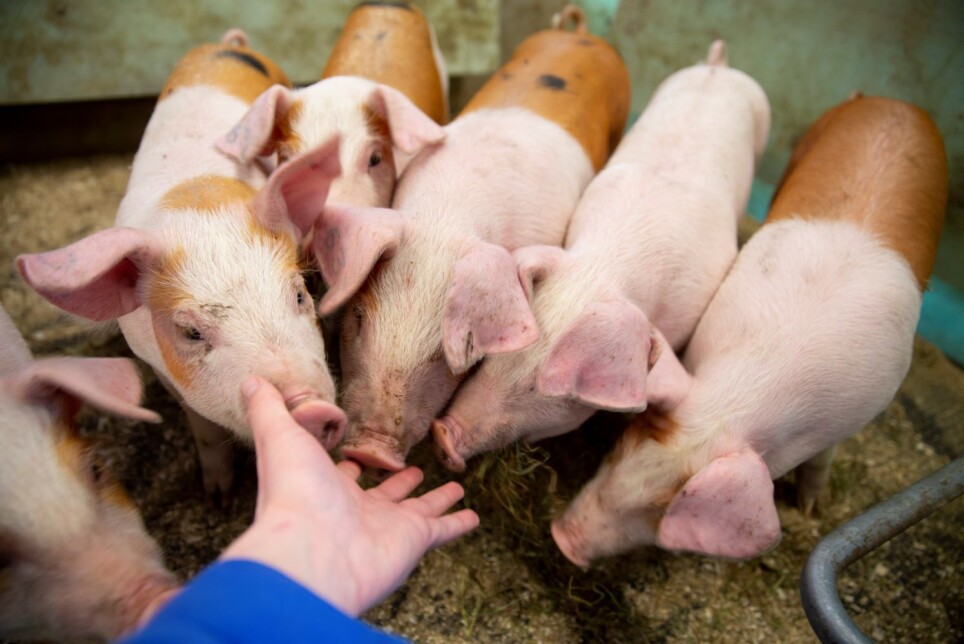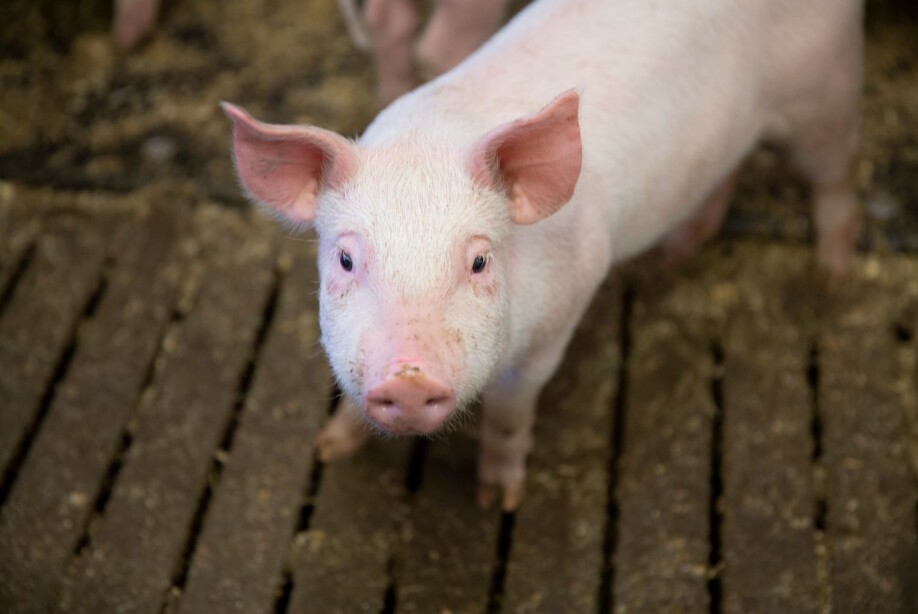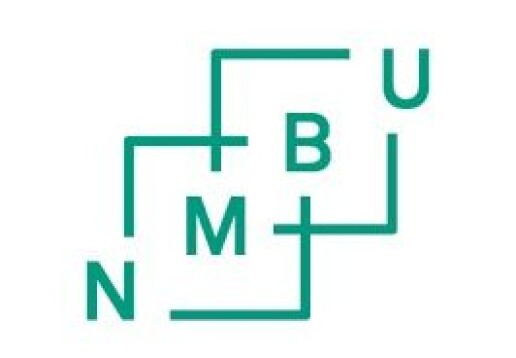THIS ARTICLE/PRESS RELEASE IS PAID FOR AND PRESENTED BY the Norwegian University of Life Sciences (NMBU) - read more

Local feed resources benefit piglets at weaning
A healthy gut is crucial when piglets are separated from their mother and introduced to solid foods. Novel, more sustainable feed resources can help them to better handle the transition.
Norwegian agriculture is largely dependent on imported feed resources, such as soybeans. However, researchers have found that rapeseed can be a good alternative to soy, as it has a favourable protein content. Feed made from local resources, such as rapeseed, is also more sustainable than feed produced from imported resources.
The Norwegian University of Life Sciences (NMBU) in Ås hosts the research centre Foods of Norway. In collaboration with its associated project FeedMileage the centre has conducted and documented several trials with pigs fed local diets based on rapeseed meal.

Researchers found that the rapeseed-based diets induced beneficial changes in the intestinal flora of piglets and made them more able to cope with weaning from their mother. Diarrhoea in piglets at weaning is a common problem in pig production and affects their intestinal health. Infections of the gut can result in low growth, reduced well-being, as well as diarrhoea or even death.
Using alternative, local feed resources can make Norwegian agriculture more self-sufficient and contribute to a more sustainable industry. The findings of these projects can also be said to go long way in improving knowledge about health and welfare aspects associated with alternative feed resources for animals.
“Healthy animals are not only important for improved welfare, but also for food security and a stable agricultural economy,” says researcher in Foods of Norway and FeedMileage, Özgün Candan Onarman Umu.
The importance of the gut
The pigs fed local feed had similar growth rate, feed utilization and meat quality as those fed imported soybean-meal-based feed. The local feed also had a beneficial effect on intestinal flora. The intestinal flora is made up of the different microbes of the animal, including bacteria, viruses, fungi and protozoa, and the activity in the intestinal flora affects the general health of the pig.
Researchers in the FeedMileage project demonstrated that the rapeseed feed had a significant effect on how the intestine utilizes the indigestible fibres in the feed. The high fibre content in the rapeseed diet promoted the development of fibre-degrading bacteria, which in turn was beneficial for the function and health of the pigs’ intestines. The results were compared with the intestinal flora of pigs fed the soybean-meal diets.
“The analysis of the intestinal wall structure, such as intestinal villuses and crypt depth, gave similar results for both diets. Nevertheless, there were fewer occurrences of inflammation in the large intestine in pigs fed the rapeseed diet compared to the soybean-fed pigs,” Umu explains.

The intestinal flora of both piglets and growing finishing pigs was analysed, with both groups displaying the positive effects of the local diet. The rapeseed diet increased the growth of beneficial bacteria and reduced the occurrence of potentially harmful bacteria in the large intestine.
“Research shows that feed made from rapeseed has the potential to protect pigs from infections and to enhance the pigs’ immune protection by modulating their intestinal flora functions. This feed promotes beneficial effects on the intestinal health of the pigs, which in turn improves the overall well-being of the animals,” Özgün Candan Onarman Umu says.
References:
Vladana Grabež et.al.: Replacing soybean meal with rapeseed meal and faba beans in a growing-finishing pig diet: Effect on growth performance, meat quality and metabolite changes. Meat Science, 2020. Summary. DOI: 10.1016/j.meatsci.2020.108134
Özgün Candan Onarman Umu mfl.: Gut microbiota profiling in Norwegian weaner pigs identifies health-promoting effects of a high-fiber rapeseed diet. Plos One, 2018. DOI: 10.1371/journal.pone.0209439.
Özgün Candan Onarman Umu mfl.: Rapeseed-based diets modulates the impute functions of gut microbioma in growing-finishing pigs. Scientific reports, 2020. Doi.org/10.1038/s41598-020-66364-4
Adrijana Skugor mfl.: Effects of long-term feeding of rapeseed meal on skeletal muscle transcriptome, production efficiency and meat quality traits in Norwegian Landrace growing-finishing pigs. PlosOne, 2019. Doi.org/10.1371/journal.pone.0220441
Jon Øvrum Hansen mfl.: A meta-analysis of the effects of dietary canola / double low rapeseed meal on growth performance of weanling and growing-finishing pigs. Anim. Feed Sci. & Technol., 2020. Doi.org/10.1016/j.anifeedsci.2019.114302
See more content from NMBU:
-
Shopping centres contribute to better health and quality of life
-
We're eating more cashew nuts – and the consequences are serious
-
Do young people with immigrant parents have better health?
-
Who’s picking your strawberries this summer?
-
Can coffee grounds and eggshells be turned into fuel?
-
Rising housing costs fuel inequality in Norway





































